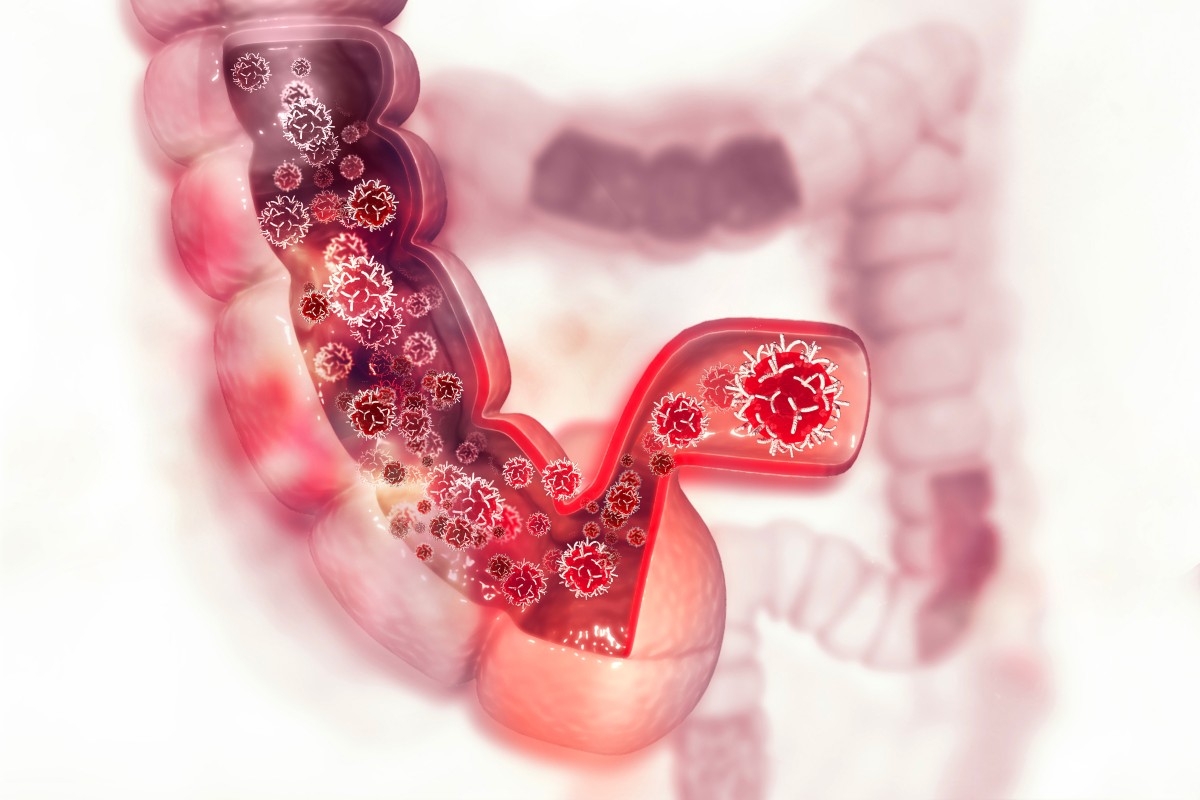Services
Expert Care for Colorectal Cancer Treatment and Surgery
Colorectal cancer is one of the most common cancers worldwide, but early detection and prompt treatment can significantly improve outcomes. At Dr Bernard Lim Specialist Surgery, we offer advanced, minimally invasive surgical options and personalized treatment plans to ensure the best possible results for our patients.
Get the Facts
What Is Colorectal Cancer?
Colorectal cancer develops in the large intestine (colon) or rectum and is often linked to lifestyle factors, diet, or genetics. Early detection is critical, as symptoms may not appear until the disease has progressed. Colonoscopy can also prevent colorectal cancer through the identification and removal of polyps if they are detected. Regular screenings can help detect colorectal cancer early when treatment is most effective.




Signs and Symptoms of Colorectal Cancer
Recognizing the symptoms of colorectal cancer is crucial for timely intervention.
Common Symptoms Include:
Blood in stool
or rectal bleeding
Persistent abdominal pain, cramps, or bloating
Changes in bowel habits lasting more than a few weeks
Unexplained weight loss or fatigue
A feeling that the bowel doesn’t empty completely
Blood in stool or rectal bleeding
Persistent abdominal pain, cramps, or bloating
Changes in bowel habits lasting more than a few weeks
Unexplained weight loss or fatigue
A feeling that the bowel doesn’t empty completely
If you experience any of these symptoms, consult a healthcare professional immediately.

Diagnosis
The Importance of Early Detection
Early detection is key to successful treatment and improved outcomes.
Diagnostic Tools Include:
- Colonoscopy – The gold standard for preventing cancer through the identification and removal of polyps as and when they arise.
- Imaging Tests – CT scans or MRIs to assess the extent of cancer.
- Biopsy – Tissue sample analysis to confirm the presence of cancer cells.
Who Should Consider a Colonoscopy?
- Individuals over 45.
- Those with a family history of colorectal cancer.
- People experiencing symptoms like rectal bleeding or unexplained weight loss.
Available Treatments
Treatment Options for Colorectal Cancer
We offer advanced, personalized treatment plans tailored to each patient’s needs.
- Smaller incisions for less pain and faster recovery
- Effective for removing tumours in early-stage colorectal cancer
- Reduced risk of complications and scarring
- Recommended for advanced or complex cases
- Involves removing a portion of the colon and nearby lymph nodes
- May require a temporary or permanent colostomy
- Used to shrink tumours before surgery or target residual cancer cells after surgery
- Often recommended for advanced-stage colorectal cancer
Our experienced surgeon will guide you through the best treatment options for your specific condition.

Available Treatments
Treatment Options for Colon Cancer
We offer advanced, personalized treatment plans tailored to each patient’s needs.
Minimally Invasive Surgery (Laparoscopic Surgery)
- Smaller incisions for less pain and faster recovery
- Effective for removing tumours in early-stage colon cancer
- Reduced risk of complications and scarring
Traditional Surgery
- Recommended for advanced or complex cases
- Involves removing a portion of the colon and nearby lymph nodes
- May require a temporary or permanent colostomy
Chemotherapy and Radiation Therapy
- Used to shrink tumours before surgery or target residual cancer cells after surgery
- Often recommended for advanced-stage colon cancer
Our experienced surgeon will guide you through the best treatment options for your specific condition.

Why Choose Us for
Colorectal Cancer Treatment?
We are committed to providing the highest standard of care for our patients.
Experienced
Surgeon
Expertise in advanced colorectal cancer surgeries, including minimally invasive techniques
State-of-the-Art
Technology
Cutting-edge diagnostic and surgical tools for precision and effectiveness
Patient-Centered
Care
Personalized treatment plans tailored to your unique needs
Comprehensive
Support
From diagnosis to recovery, we’re with you every step of the way
Experienced
Surgeon
Expertise in advanced colorectal cancer surgeries, including minimally invasive techniques
State-of-the-Art Technology
Cutting-edge diagnostic and surgical tools for precision and effectiveness
Patient-Centered
Care
Personalized treatment plans tailored to your unique needs
Comprehensive
Support
From diagnosis to recovery, we’re with you every step of the way
We are committed to providing the highest standard of care for our patients.

Post-Surgery Support
Recovery and Aftercare
A smooth recovery is essential for long-term success.
What to Expect After Surgery:
- Post-Operative Care – Detailed instructions to manage discomfort and prevent complications.
- Follow-Up Appointments – Regular check-ups to monitor healing and progress.
- Lifestyle Adjustments – Guidance on diet, exercise, and habits to reduce the risk of recurrence.
Our team will provide ongoing support to ensure a successful recovery.
Frequently Asked Questions
Early symptoms include blood in the stool, persistent changes in bowel habits, abdominal pain, and fatigue. However, many people may not experience symptoms in the early stages, making regular screenings critical.
Individuals over 45, those with a family history of colorectal cancer, or people experiencing symptoms like rectal bleeding or unexplained weight loss should undergo a colonoscopy.
Yes, colorectal cancer surgeries, especially minimally invasive procedures, are safe and highly effective in removing cancerous tissues. Our clinic ensures a personalized approach to minimize risks and optimize recovery.
Recovery depends on the type of procedure performed. For minimally invasive surgery, patients may resume light activities within a week, with full recovery in 4–6 weeks. Traditional surgeries may take longer.
While not all cases can be prevented, regular screenings, a high-fibre diet, maintaining a healthy weight, and avoiding smoking and excessive alcohol can significantly reduce the risk.
Our Insurance Partners



Take the First Step Towards Better Health
Early detection saves lives. Don’t wait—take control of your health today. Schedule Your Colorectal Cancer Screening or Consultation Now